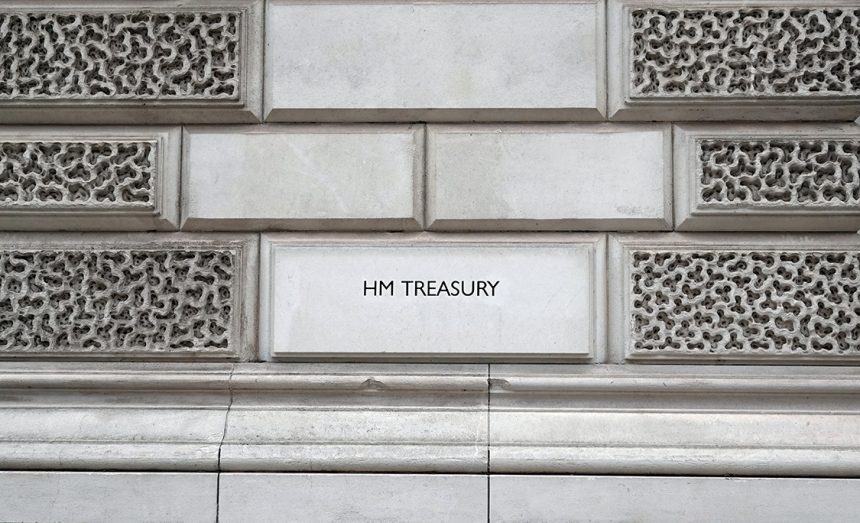The 2023 Autumn Statement, announced today, has elicited a mixed response from coach and bus industry trade bodies.
The Statement presents funding for zero-emission vehicles, a focus on workforce development, adjustments in wage structures and supportive fiscal measures.
At the forefront is a commitment of £2bn to support the manufacturing and development of zero-emission (ZE) vehicles. The Confederation of Passenger Transport (CPT) says it intends to lobby government to ensure a substantial portion of the funding accelerates the transition of coaches and buses to zero-emissions.
£50m has meanwhile been announced over the next two years to boost apprenticeships in engineering and other key sectors. CPT intends to engage with the government to advocate the sector’s inclusion in the apprenticeships pilot, and seek solutions for workforce shortages.
The announcement of four new devolution deals, including mayoral deals with Greater Lincolnshire and Hull and East Yorkshire, and non-mayoral deals with Lancashire and Cornwall, signals a shift towards more localised decision-making. That change could lead to more region-specific transport solutions, and has been welcomed by the Urban Transport Group.
Much noise is made in the Statement around government reform to the planning system, which is aimed at accelerating grid connections for new projects. CPT highlights this as relevant for operators looking to investing in electric charging infrastructure. Reforms are expected to streamline the process and ease the transition to electric fleets.
The government’s pledge of £2.5bn for a West Yorkshire mass transit system and potential funding for a rapid transit bus network in Thamesmead (part of the ‘Docklands 2.0’ vision) is another indicator of improving public transport infrastructure. A further £23m has been allocated for a bus network to support housing development in the Docklands 2.0 area, part of a larger £150m allocation to London from the Brownfield, Infrastructure and Land Fund.
Reacting to the Autumn Statement, CPT CEO Graham Vidler cautiously welcomed the measures. “The £2bn earmarked to support the manufacturing, supply chain and development of zero-emission vehicles is potentially good news for the coach and bus sector,” he says. “The government now needs to ensure a significant proportion of this funding is invested in delivering greater battery ranges for coaches and buses and a sustainable model for hydrogen fuel cells, to accelerate the coach and bus sectors’ transition to zero-emission.”
However, he highlights that the Chancellor “missed the chance” to complete the National Bus Strategy, after the funding for services in the North and Midlands last month.
“It is a shame… that the Chancellor has not taken the opportunity today to replicate the recent investment for buses in the North and the Midlands across the rest of the country. Frequent, fast, reliable buses are required by millions of people every day to get to work, school, and access essential services. Communities in the South are at risk of being left behind without matched investment. This should not be a postcode lottery.”
RHA also reaction to the Autumn Statement, welcoming the freeze on Vehicle Excise Duty (VED) for HGVs for 2024-25 and government action in creating more certainty for investment in low-carbon infrastructure through the national priority designation for nationally significant low-carbon energy projects.
However, RHA continues to call on government to introduce an emissions-linked rebate “to encourage coach operators and hauliers to switch to low-carbon fuels such as HVO”.
RHA supports the £2bn funding made available to support the manufacturing and development of ZE vehicles, but says “we need to see more concrete plans on how this funding will be targeted towards commercial vehicles”.



























